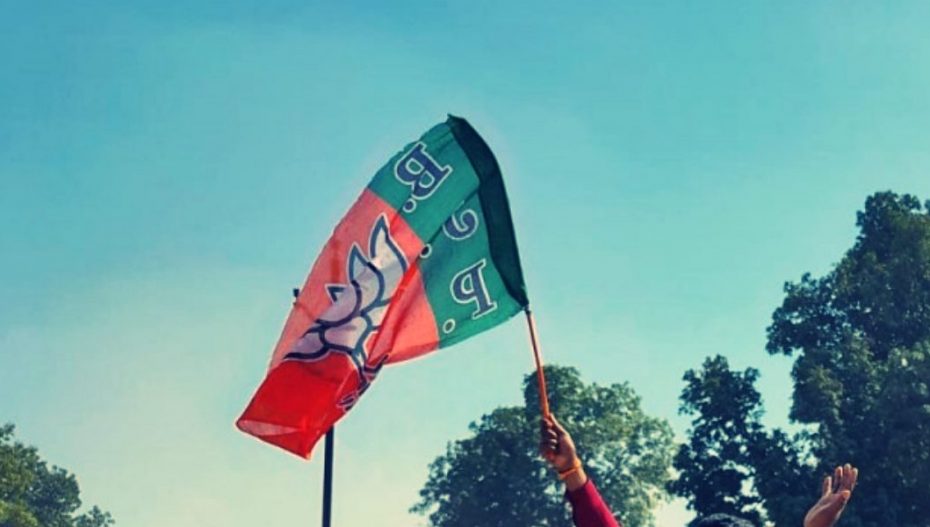New Delhi: The Bharatiya Janata Party (BJP) has said that conducting a caste survey during the national census is challenging due to administrative, legal, and technical issues.
Opposition parties, including social justice parties and the Congress, have been demanding a caste census on a national basis to determine reservations for Other Backward Communities (OBCs) in jobs and educational institutions. This demand has been a significant election issue, aimed at attracting OBC voters.
It was the Congress-led UPA government which first conducted a Socio-Economic and Caste Census (SECC) in 2011-12 but never released its data because of varied opinions about it within the government.
Laxman, the president of BJP’s OBC Morcha, told the Economic Times that there are administrative, legal, and technical complexities associated with conducting a caste census. He said that there are various castes that are listed under the state OBC lists but are not included in the central OBC list.
He said there are non-OBC castes that seek inclusion in the OBC category. These factors make it challenging for the central government to carry out a caste-based census.
In Uttar Pradesh, some Brahmin castes are classified as OBCs, while the entire Vaishya community is listed under the OBC category in Bihar, he said. However, in several other states, they come under the general caste category.
In certain regions, Jats are not included in the OBC list.
Also read: How India Can Conduct a Caste Census
He argued that a comprehensive study is required to include all deserving castes in the OBC list before conducting a caste-based census.
State governments are free to conduct caste-based surveys, he said.
The previous government in Karnataka conducted a survey, but the data was not disclosed. The Bihar government’s similar survey was recently halted by the Patna high court.
The Wire had reported that the demand for a caste census was more vocally expressed by different opposition parties after the Narendra Modi government implemented reservation for the Economically Weaker Classes (EWS), which effectively gave a quota to the so-called “upper caste” groups.
The EWS reservation was seen as an anomaly in the caste-based affirmative action policy because the criteria was poverty, and was perceived by various parties as a move to deny marginalised castes and communities their rights.
This article was first published by TheWire
Also Read: Dhoni Effect: 3000000 + Download Candy Crush













